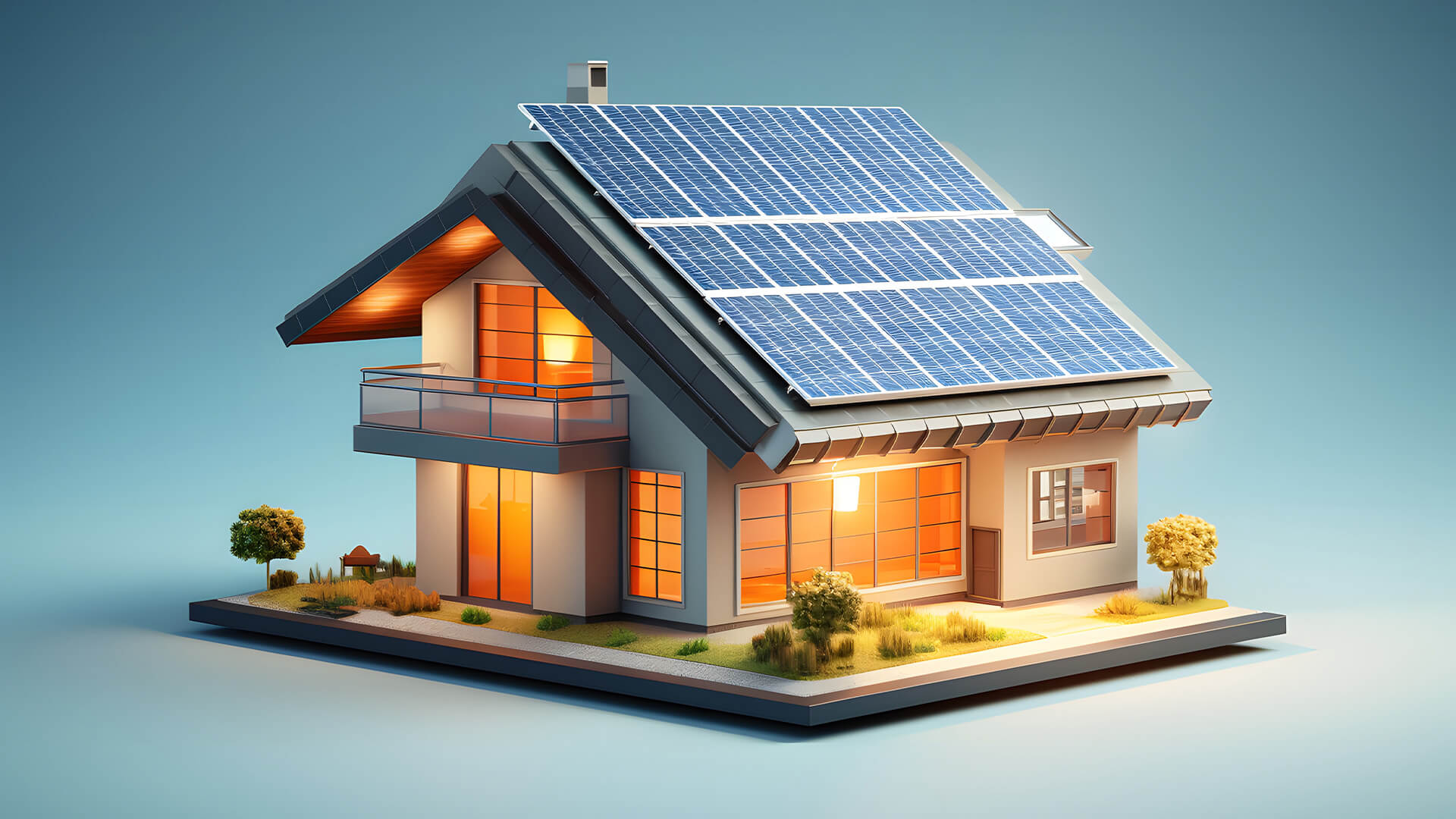Index Surge: Amplifying Your Insights
Stay updated with the latest trends and news across various industries.
Shrink Your Bills, Not Your Comfort: The Energy-Efficient Home Playbook
Cut costs without sacrificing comfort! Discover energy-saving tips in the ultimate playbook for a cozy, budget-friendly home.
Top 10 Energy-Saving Tips for a Comfortable Home
In today's world, conserving energy is not just an environmental necessity but also a smart financial decision. Implementing energy-saving strategies can lead to lower utility bills while enhancing the comfort of your home. Here are the top 10 energy-saving tips to consider:
- Upgrade to energy-efficient appliances.
- Seal and insulate your home effectively.
- Utilize programmable thermostats for better temperature control.
- Switch to LED lighting to reduce energy consumption.
- Unplug electronics when they're not in use to avoid phantom loads.
- Make use of natural light during the day.
- Maintain your heating and cooling systems regularly.
- Consider installing solar panels to harness renewable energy.
- Use energy-efficient windows to minimize heat loss.
- Practice mindful water usage to save both water and energy.
By adopting these energy-saving tips, not only can you contribute to a sustainable future, but you will also notice significant savings over time. Moreover, making small changes can lead to a more comfortable home environment. For instance, good insulation keeps your home warmer in the winter and cooler in the summer, ensuring year-round comfort. Embrace these energy-saving strategies today and enjoy both eco-friendliness and enhanced living conditions!

How to Choose Energy-Efficient Appliances: A Complete Guide
Choosing energy-efficient appliances is crucial for reducing your energy consumption and minimizing your environmental impact. Start by looking for the Energy Star label, which indicates that the appliance meets strict energy efficiency guidelines set by the U.S. Environmental Protection Agency. Make a list of essential appliances you need to replace, and prioritize those that consume the most energy, such as refrigerators, washing machines, and dishwashers. Additionally, check the Annual Energy Consumption (AEC) ratings on appliance labels to compare their efficiency.
Once you have a shortlist, consider the following factors to make an informed decision:
- Size and Capacity: Ensure the appliance is the right size for your needs, as larger models typically use more energy.
- Feature Set: Some energy-efficient models come with advanced features that can further reduce energy usage, so weigh the benefits against the cost.
- Cost Savings: While energy-efficient appliances may have a higher upfront cost, they can save you money on utility bills over time.
Can Upgrading Your Insulation Really Lower Your Bills?
Upgrading your insulation can significantly impact your energy bills. In fact, a well-insulated home can reduce heating and cooling costs by up to 30%. By filling gaps and sealing potential leaks in your insulation, you create a thermal barrier that retains the temperature in your home. This means your heating system doesn't have to work as hard during the winter months, and your air conditioning will be more efficient in the summer. As a result, you may notice a substantial decrease in your monthly utility bills.
Moreover, the types of insulation you choose play a critical role in optimizing these savings. Spray foam insulation, for instance, provides superior thermal resistance and can also serve as an air barrier, minimizing drafts. Additionally, materials like fiberglass batts or cellulose offer varying levels of cost-effectiveness and sustainability. When considering an upgrade, it's essential to evaluate the initial investment against the long-term savings on your bills, as the right insulation can pay for itself over time.